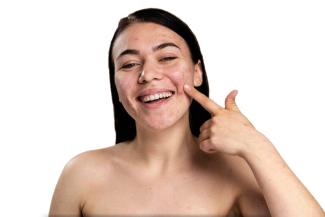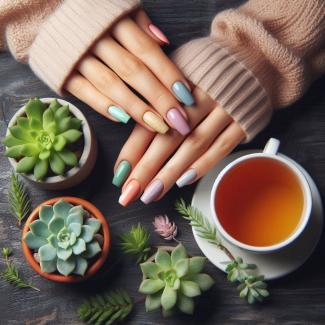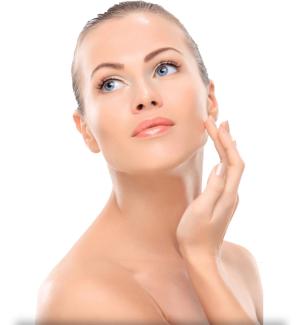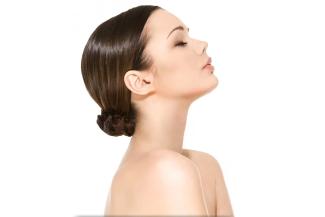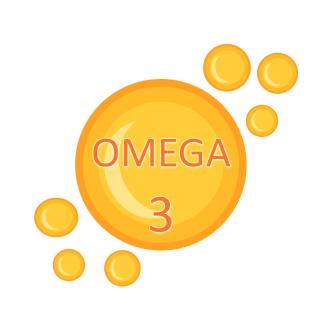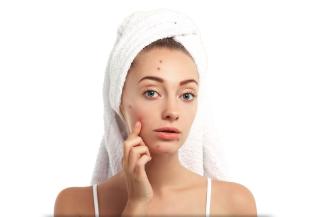
Dealing with persistent acne can be frustrating, but there are still options to explore if nothing seems to be working. Keep in mind that the effectiveness of treatments can vary from person to person, and it may take some time to find the right approach. Here are some steps to consider:
- Consult a Dermatologist: If you haven't already, it's essential to see a dermatologist. They can provide a professional assessment of your skin, recommend appropriate treatments, and prescribe medications that may be more effective than over-the-counter products.
- Be Patient: It can take several weeks or even months for acne treatments to show results. Stick with your treatment plan and be consistent.
- Adjust Your Skincare Routine:
- Use a gentle, fragrance-free cleanser to wash your face twice a day.
- Avoid scrubbing your skin, as this can irritate and worsen acne.
- Use non-comedogenic, oil-free moisturizers and sunscreen.
- Medications:
- Topical Retinoids: These help unclog pores and reduce inflammation. They may cause dryness and irritation initially but can be very effective.
- Antibiotics: Topical or oral antibiotics may be prescribed to reduce inflammation and kill bacteria associated with acne.
- Birth Control Pills: In some cases, hormonal birth control can help regulate hormones that contribute to acne.
- Isotretinoin (Accutane): A potent oral medication for severe acne, but it comes with potential side effects and should be used under close medical supervision.
- Lifestyle Adjustments:
- Maintain a healthy diet with a focus on whole foods and plenty of fruits and vegetables.
- Avoid dairy products if you suspect a connection between dairy and your acne.
- Manage stress through techniques like meditation, exercise, or yoga.
- Keep your hands off your face to avoid spreading bacteria and causing irritation.
- Over-the-Counter (OTC) Products:
- Benzoyl peroxide and salicylic acid are common OTC acne treatments. They can be used in conjunction with prescription treatments or as part of your regular skincare routine.
- Avoid Picking or Squeezing: Manipulating your acne lesions can lead to scarring and worsen the condition.
- Combination Therapy: In some cases, a combination of treatments might be necessary for effective acne control. Your dermatologist can help you determine the best approach for your specific situation.
- Evaluate Triggers: Consider if there are any factors triggering or worsening your acne, such as specific foods, makeup products, or environmental factors.
- Explore Alternative Therapies: Some people find success with alternative treatments like blue light therapy, chemical peels, or laser treatments. Discuss these options with your dermatologist.
Remember that everyone's skin is unique, and what works for one person may not work for another. It's essential to work closely with a dermatologist to create a personalized acne treatment plan. They can monitor your progress, make necessary adjustments, and provide guidance on the best course of action for your specific type of acne.


